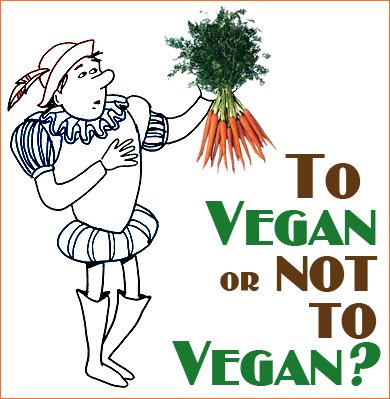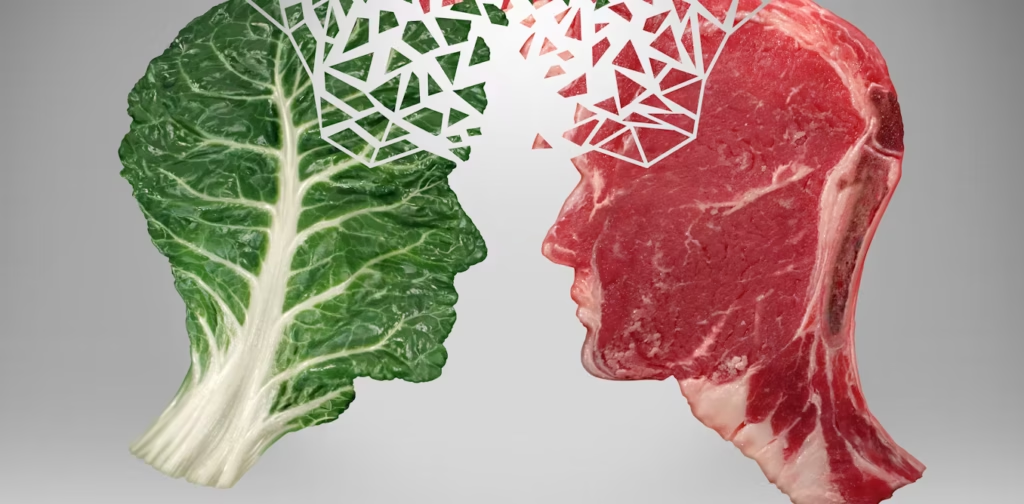Food choices aren’t as simple as they used to be. Just last month, I found out that McDonald’s—yes, the home of the Big Mac—has started offering vegetarian options. At the same time, I heard rumors that bananas, the innocent-looking fruit we all trust, might not be as pure as we think. And if that wasn’t enough, only a few days before that, the New York Times dropped a bombshell: organic food, the gold standard for healthy eating, isn’t actually more nutritious than regular food. That report set off a huge debate. Some people called organic food a luxury for the rich, while others said the study itself was unfair. And let’s not forget the ongoing fight over California’s push to label GMO foods.

When did eating become so confusing? If you’re someone who practices yoga and is trying to figure out whether to go vegetarian or not, all of this gives you a lot to think about.
Yoga and Vegetarianism: An Old Connection
Yoga and vegetarianism have been linked for thousands of years. The biggest reason yogis avoid meat is ahimsa—the principle of not harming any living being. Another reason is karma, the idea that what we do now affects our future. Yoga grew from these beliefs, and vegetarianism itself goes way back to the Laws of Manu, an ancient text written somewhere between 500 and 2,000 years ago.

But it wasn’t just about philosophy. Back in India’s hot climate, keeping meat from spoiling was tough. Avoiding rotten food and parasites was a big deal, so people leaned toward vegetarian eating. Plus, there was shaucha—the yoga practice of keeping the body pure. And let’s be honest, meat was expensive. Most people, like poor saddhus (or monks in other parts of the world), couldn’t afford it.
Is Vegetarianism Still “Yogic” Today?
It’s funny—these days, eating fresh vegetables is sometimes seen as something only rich people can do. But times have changed since the old yogic teachings. Now, you could technically call yourself a vegetarian while living off potato chips and soda. But if that’s hurting your health, are you really following ahimsa?
What about that tomato you’re eating? Thanks to modern farming and shipping, we can get tomatoes anytime, anywhere. But is that ethical? Think about the fuel burned to transport them or the workers who picked them—what if they’re underpaid or exposed to harmful pesticides? If their lives are suffering, is a vegetarian diet still peaceful and harmless?
Some yogis have given up on strict vegetarianism and instead try to eat local—locavores, they’re called. But that’s not easy either. Do you drink coffee? Eat bananas? Live far from farms that grow wheat or oranges? For most of us, switching to a fully local diet would take years of big changes.

So What’s the Answer?
Food debates can get emotional. People argue, judge, and cling to their beliefs. But when it comes to yoga and vegetarianism, Swami Satyananda Saraswati had a wise take: “All arguments can go in circles.” He also said yoga “does not for an instant insist” that you must be vegetarian. At the end of the day, the choice is yours.
What about you? Are you vegetarian? Has yoga influenced what you eat?
